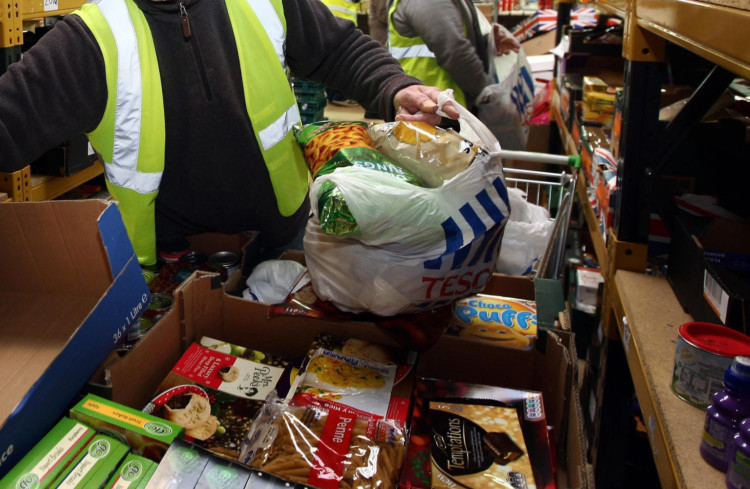
Charities are enduring a “perfect storm” in the cost of living crisis as they cope with both rising demand and surging bills, experts fear.
Foundation Scotland, which specialises in supporting charities, reports a clear increase in demand for services and huge increases in energy and rent costs. Many are having to dip into their reserve funds, or close.
Helen Wray, Foundation Scotland’s head of philanthropy and quality, said: “It’s the perfect storm. As well as trying to balance the needs of their beneficiaries who need more support, charities are facing their own challenges as they battle with rising costs.”
She added: “We carried out a survey recently and they are seeing an increase in demand for their services.”
The survey suggested the needs of service users are changing, most notably around food. One group talked about adding food to projects to stop service users from going hungry. Another stated they saw increasing requests for food vouchers and debt support. And a third was seeing a dramatic rise in demand for food parcels, from 61 this time last year to 384 this year – with 41% of those households were working families.
But Wray said applications for support from the organisations themselves had increased 18% in the first half of the year and a further rise was expected. She said: “Their energy bills have gone up, staff are looking for salaries to be increased in line with the cost of living, and we’re getting reports of some staff taking on a second job to have more of an income or leaving to get better pay with benefits in the private sector.
“One applicant told us their annual energy cost had increased from £9,500 per year to £23,700. How can small charitable groups continue to operate and provide vital services to communities when they have so little control over core operating costs?”
Foundation Scotland supports a wide range of groups, from local food banks and elderly lunch clubs to counselling organisations for children and young people and money and advice support services. It recently reached a milestone, distributing £150 million to 12,000 organisations.
The Scottish Council for Voluntary Organisations’ tracker found 61% of third-sector organisations faced financial troubles this year, up from 52% in December 2021.
Of organisations seeing rising costs, 42% felt this affected their ability to deliver core services. Just less than a third had made use of their financial reserves between December and April 2022, and 60% held less than six months’ financial reserves.
“Many charities weren’t able to fund-raise during the pandemic so don’t have reserves – and those that do are using them to support the rising costs,” Wray said. “Whilst some are reducing opening hours or changing venues in search of cheaper rent, the possibility of closure is looming for a great number of groups.
“We need to think about a long-term approach and prevention and how we can support organisations, making the sector more sustainable and resilient to crisis.”

Enjoy the convenience of having The Sunday Post delivered as a digital ePaper straight to your smartphone, tablet or computer.
Subscribe for only £5.49 a month and enjoy all the benefits of the printed paper as a digital replica.
Subscribe